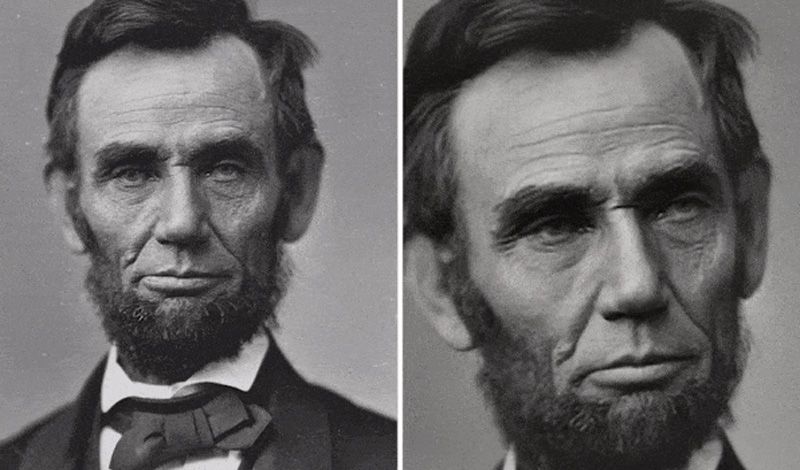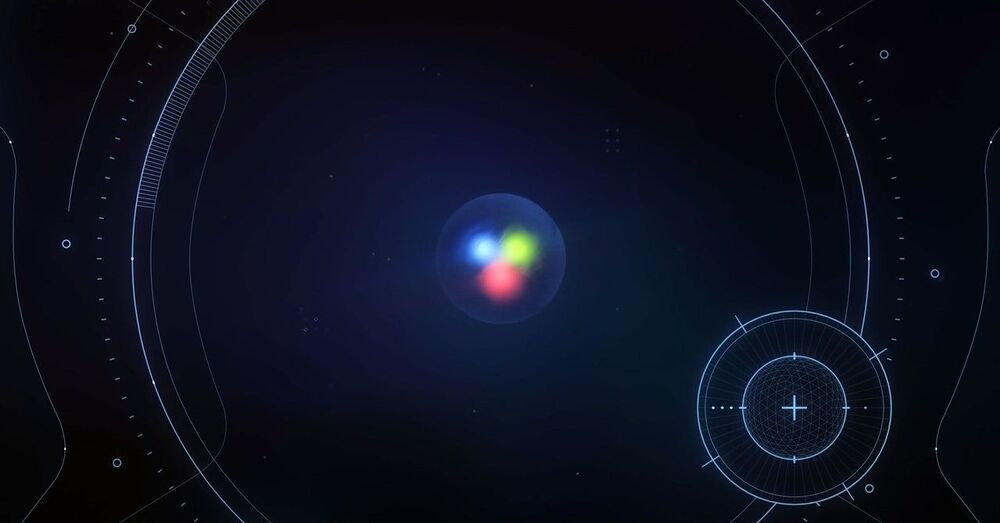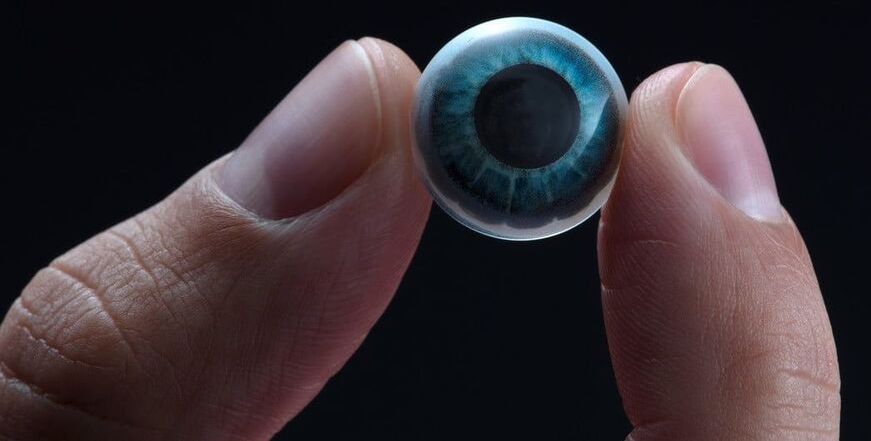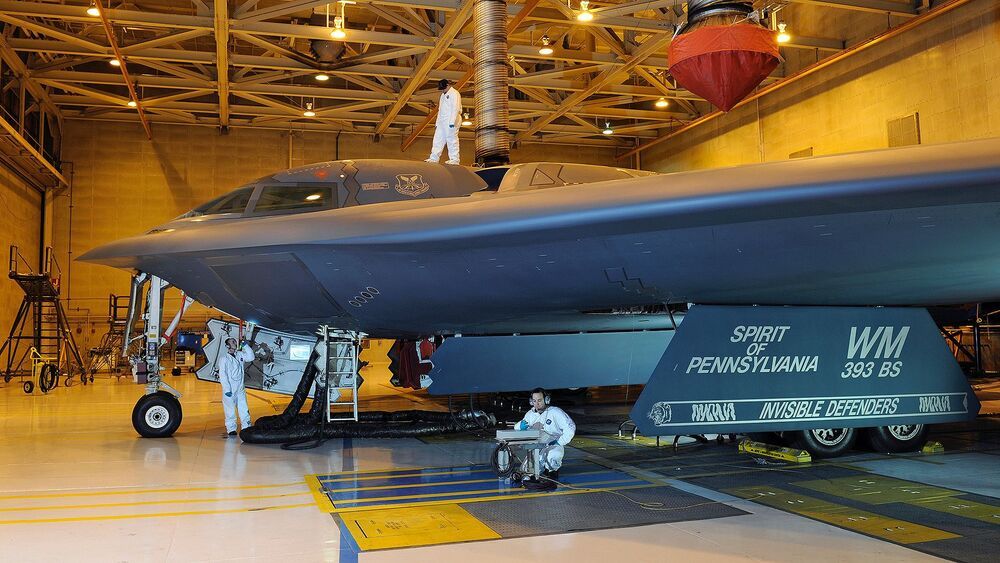Israeli genealogy company MyHeritage has released a groundbreaking new feature to animate faces in still photos.



Planned future experiments will help researchers choose between the two pictures. But whichever model is right, SeaQuest’s hard data about the proton’s inner antimatter will be immediately useful, especially for physicists who smash protons together at nearly light speed in Europe’s Large Hadron Collider. When they know exactly what’s in the colliding objects, they can better piece through the collision debris looking for evidence of new particles or effects. Juan Rojo of VU University Amsterdam, who helps analyze LHC data, said the SeaQuest measurement “could have a big impact” on the search for new physics, which is currently “limited by our knowledge of the proton structure, in particular of its antimatter content.”
Twenty years ago, physicists began investigating a mysterious asymmetry inside the proton. Their results show how antimatter helps stabilize every atom’s core.


Like.


These creative coding examples explore new, digital forms of artistic expression by merging advanced technology with creativity and inspiration.
🛒 Voted #1 supermarket in the worlds.
🌽 Family owned and operated.
🥩 The best prices no matter the cost.
⛓ Omegamart is now open at Area15, Las Vegas!
Tickets now on sale: http://www.omegamart.com